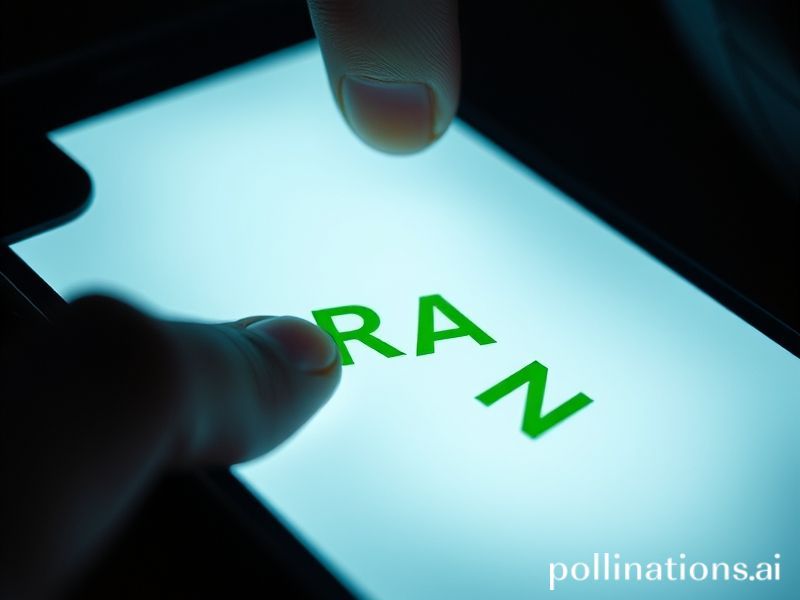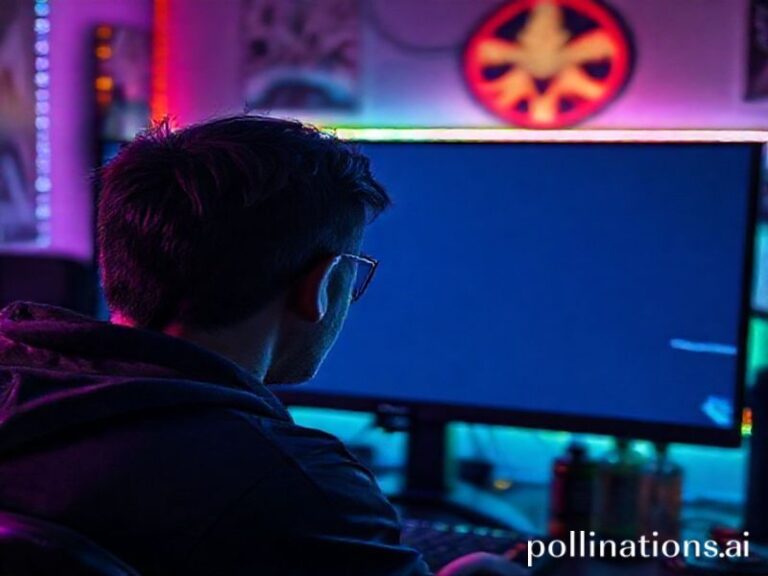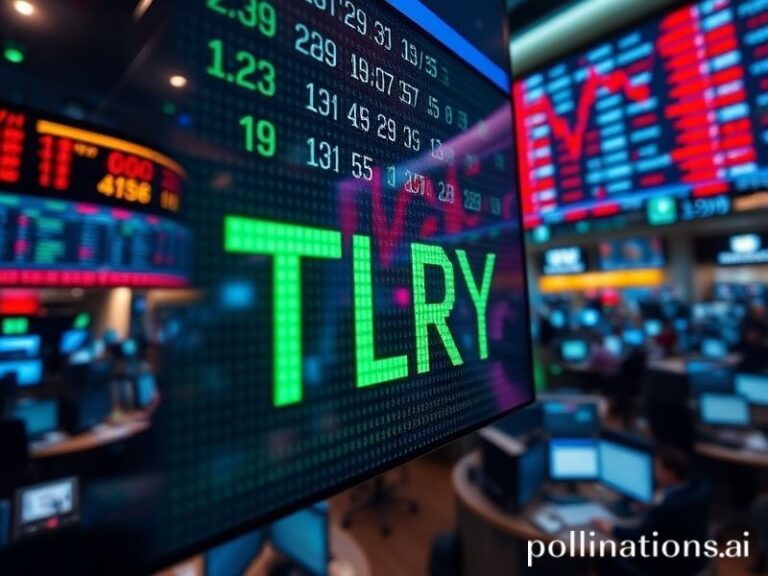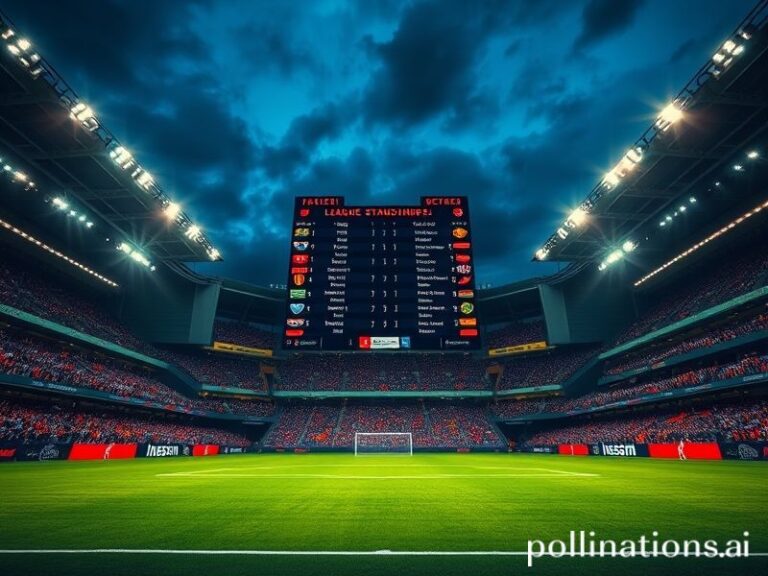Global Chaos Ensues After Today’s Wordle Answer Revealed to Be ‘PEACE’—Irony Not Lost on Anyone
Wordle Answer of the Day Sparks Diplomatic Incident, Mass Existential Crisis, and Mild Inconvenience in 47 Countries
By the time Australian insomniacs were refreshing their browsers at 2 a.m. AEDT, the Wordle answer had already detonated across three continents. The five-letter word—rumored to be “TAPIR,” “SLOTH,” or another mammal nobody has actually seen outside a David Attenborough voice-over—was, in fact, “PEACE.” The irony was not lost on anyone still awake in Kyiv, where the air-raid sirens provided an unsolicited soundtrack, nor on the marketing interns in New York who reflexively screenshotted their green-and-yellow triumph before remembering their employer had just announced a fresh round of layoffs.
In Brussels, the European Commission convened an emergency emoji summit after the French delegation claimed the English-language puzzle constituted “unfair cultural hegemony.” German diplomats counter-proposed an EU-wide “Wortel,” which would use only compound nouns requiring at least 28 characters and a small umlaut surcharge. Italy abstained, citing a scheduling conflict with an aperitivo.
Meanwhile, the Chinese internet did what it does best: reverse-engineered tomorrow’s answer, packaged it into a 3-second short-video filter, and sold the data to advertisers who now know precisely how long you stared at the screen wondering if “xylyl” counts as real vocabulary. The state-run Global Times dismissed the game as “Western spiritual opium,” then quietly released its own version, “She-De,” where every correct guess contributes social-credit points redeemable for hotpot coupons.
Latin American telenovela writers seized the moment, penning a subplot in which the protagonist’s long-lost twin discovers their birth certificate encoded in a Wordle grid. Ratings soared; the Mexican peso dipped three centavos on fears that scriptwriters are now a more reliable barometer of national mood than the central bank.
Across sub-Saharan Africa, where daily data bundles cost more than lunch, memes spread via Bluetooth at bus stations: side-by-side photos of empty fridges and a perfect Wordle streak, captioned “Priorities.” A Nairobi start-up unveiled “M-Puzzle,” playable by SMS on a Nokia 3310, but the server crashed after 400 simultaneous users—roughly the same number of people who actually read the Kenyan presidential manifestos.
In India, the ruling party’s IT cell briefly celebrated when the answer aligned with a Hindi homonym meaning “victory,” only to discover the opposition had already Photoshopped the grid into a campaign graphic promising cheaper onions. Both sides accused the New York Times of election interference; the NYT responded by auto-playing a recipe for dal.
Scandinavian nations, determined to remain the world’s moral compass, launched “Wordle for Refugees,” donating one krona per green square. The project was praised, focus-grouped, and ultimately archived when auditors revealed the administrative overhead was 97%.
The United Nations Security Council scheduled a closed session after Russia alleged the daily word list contains encrypted NATO coordinates. The U.S. ambassador arrived fifteen minutes late, blaming jet lag from a climate summit that achieved nothing except a commemorative tote bag.
By happy hour in Silicon Valley, venture capitalists were pitching “Wordle-as-a-Service” to enterprises desperate to gamify morale amid plunging stock options. The Series A term sheet valued the hypothetical platform at $2.7 billion, or roughly 0.4 Twitters.
As the planet turned and the grid reset, humanity found itself briefly united by the realization that we can, in six tries or fewer, identify a random string of letters—and still fail to spell “cooperation” when it matters. Analysts predict tomorrow’s answer will be “CRISIS,” which is either prescient or just the algorithm acknowledging the obvious.
In the end, the Wordle answer is less a word and more a daily Rorschach test: we project our geopolitical anxieties onto the tiny squares, then share them for likes, proving that even our coping mechanisms come with metrics. Five letters, six attempts, infinite self-delusion—truly the most efficient summary of the 21st century available in 3 MB or less.







